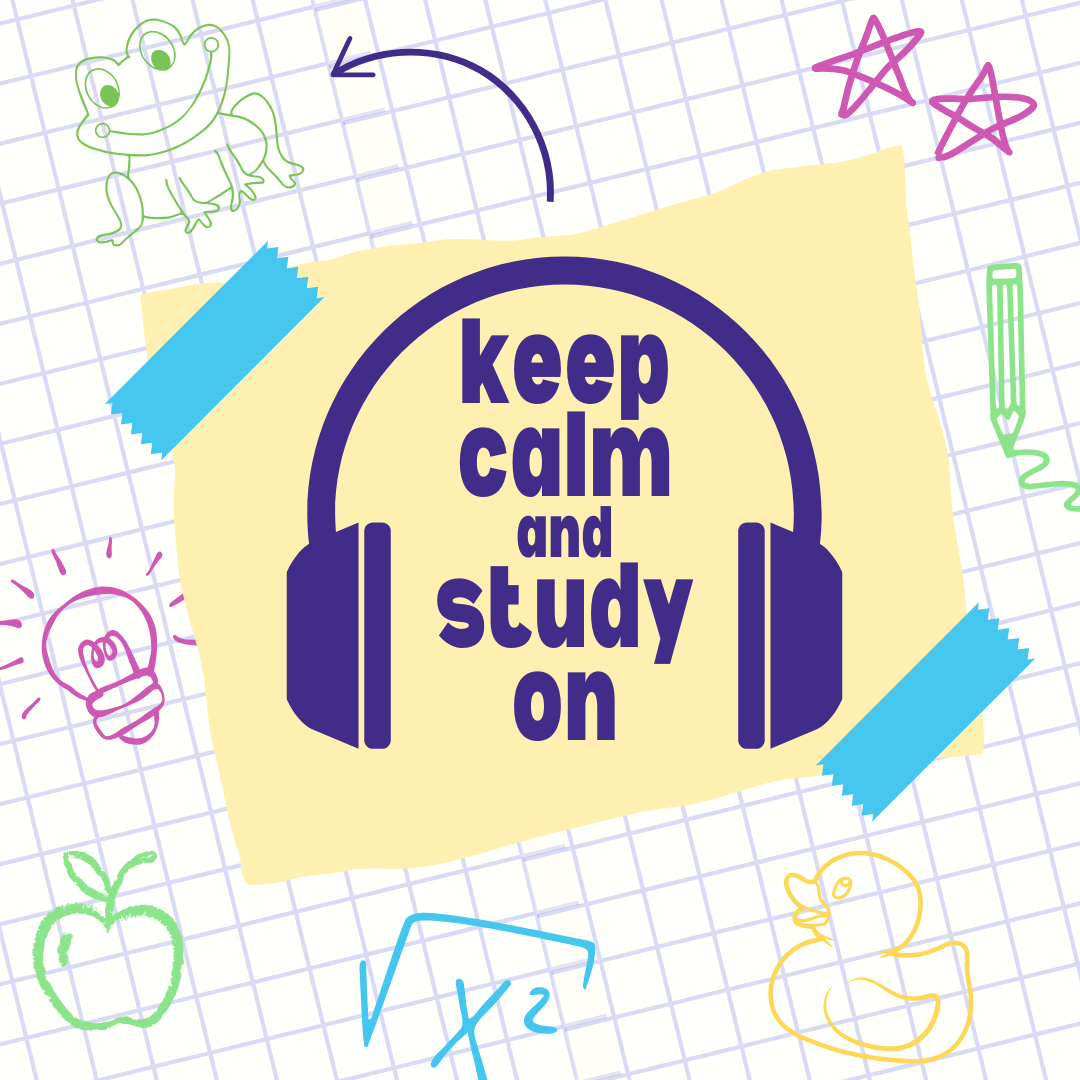Looking to soar through midterms and finals? Check out these must-know study session information and strategies to help you make the most of your study sessions!
What do You Currently Know?
Start with a pre-test to determine what you know and don’t know by using your notes to quiz yourself to review the content. Ask yourself, if I was tested on this topic today, how would I do? You’ll want to spend more time studying the material you don’t know or aren’t as familiar with than the material that you can easily recall.
How to do your own pre-test:
- Use the chapter summaries and quizzes.
- Skim your notes then cover the pages and talk out loud (or to the duck!) or write down what you know about the topic you just reviewed. Whiteboards are a great use for this!
Memorization Doesn't Mean Understanding
University professors often use the Bloom’s Taxonomy learning framework to create their exam questions. Multiple choice exams are often made up of remembering, understanding, and applying questions. You can use the framework to model your own study habits. Ask yourself: am I engaging with the material deeply?
Ways to move beyond memorization:
- Incorporate images into your studying (Dual Coding). This is one of the most effective ways to study as the information you’re studying is being coded in two different paths in your brain.
- Rephrase information into your own words.
- Create cue cards/Quizlets for each course to actively study the material.
- Teach the material to someone else – if you can explain the material in a different way, that’s when you know you have a good understanding of it!
Test Yourself in the Way You’ll be Tested
You don’t want the first time you’re tested on the material you’re studying to be during your exam. Test yourself as a form of studying! Do you have to write an essay for your exam? Practice by sitting down and writing an essay in the duration you’ll be given on your exam. Facing down multiple-choice questions on your exam? Pull out your textbook and make use of those practice quiz sections! Anticipating content is one of the best ways you can study.
Other ways to test yourself:
- Group studying - Explaining concepts to a friend and hearing it in other words is a great way to study. It's a Win-Win!
- Retrieval Practice – take out a blank piece of paper and write down everything you can remember about a topic without using study aids.
- Reviewing previous tests and re-testing yourself.
- Think like your professor – what questions would they include on the exam? What concepts did they emphasize in lecture? Create your own stuy questions uses the Bloom’s Taxonomy hierarchy.
- Review material in different orders! Your test may not be layed out in the order you learned the material so mix around your study orders to help solidify your understanding.
Study Strategies
- Active recall:
- Find meaning in the material. We will often forget information that we are not interested in. Make meaning of the material you’re studying!
- Review material regularly. The more we review information, the more of it we will retain and the easier it will be to recall.
- Use Spaced Practice. Spacing out your studying and practicing active review each day is one way you can check-in to see what you remember and what you don’t.
- Study in chunks and summarize the most important information. This stops you from just passively re-reading your notes and allows you to actively engage with the material you’re studying.
- Eating The Frog: Start the day by completing your hardest, most important task! Pro tip: break your big tasks into smaller chunks. The quicker and simpler a task is, the less we’ll procrastinate it!
- Power Hour technique: Stay on task while taking regular breaks. Start by figuring out what you want to accomplish, work with focus and without distractions for 45 minutes, take a 10-minute break, review what you got done, and then do it all over again! Incorporate breaks into your routine to give your brain a break, eat food, get outside, or catch up with friends. You can also plan activities to look forward to and keep you motivated!
Looking for Additional Support?
Visit the Student Success Portal to register for a Exam Preparation workshop or book an Exam Preparation appointment with a Learning Consultant or Peer Academic Coach.
